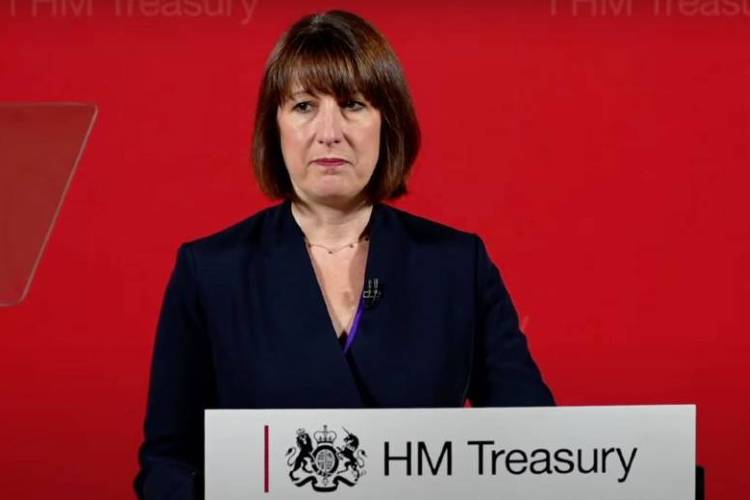There have been numerous news stories discussing the possibility of the Chancellor capping or abolishing pension tax-free cash.
One of the most valuable and well-known pension benefits in the UK is the ability to take 25% of your pension savings tax-free—often referred to as tax-free cash or pension commencement lump sum (PCLS). With talk of future tax changes and tightening budgets, some investors worry this generous allowance could be reduced or removed. However, there are several strong reasons why it’s highly unlikely the Chancellor will make such a change, particularly on a retrospective basis.
1. Retrospective Changes are extremely risky
While Parliament can technically pass retrospective tax legislation, it raises legal and moral concerns:
- Individuals acted in good faith under previous rules.
- The Rees Rules (1978) – These are informal guidelines for when retrospective tax laws are acceptable:
- A clear warning must be given.
- The issue should be reviewed by experts.
- Draft legislation should be published quickly.
- The law should be passed in the next Finance Bill.
- Retrospective taxation can be challenged under principles of legitimate expectation or property rights (e.g., under Article 1 of Protocol 1 of the European Convention on Human Rights).
Even if legal, it could be viewed as unfair or punitive. Courts have generally allowed retrospective laws if they target abusive tax avoidance and are clearly justified.
2. Administrative and Legal Barriers
Changing the tax-free cash rules for existing pension pots would create enormous complexity for pension providers and HMRC. Every scheme would need to recalculate entitlements, communicate changes, and potentially rework decades of contribution data.
There could also be legal challenges under the principle of legitimate expectation, as savers acted in good faith under previous law. The cost and confusion would outweigh any short-term fiscal gain.
Even if there were such a change some form of ‘transitional protection’ to cushion the impact on anyone close to retirement would be introduced. This is what happened each time the old Lifetime Allowance was cut in 2012, 2014 and 2016 and when the LTA was abolished.
3. It’s a Key Incentive to Encourage Private Saving
Tax-free cash plays a crucial role in encouraging people to save for retirement. It provides a clear and tangible benefit often used to pay off a mortgage, clear debts, or fund the early years of retirement.
Removing it would discourage private saving and could lead to more reliance on state support, undermining the government’s broader policy objective of promoting financial independence in retirement.
4. Likely Direction: Gradual Reform, Not Sudden Removal
If any future government does look at pension tax reform, it is far more likely to focus on simplification or limits for future contributions, rather than removing existing benefits. For example, restrictions could apply only to new contributions or future accruals, leaving historic rights untouched. Gradual, prospective changes are politically and administratively far safer than retrospective ones.
In Summary
While governments can never guarantee future tax policy, the chances of the Chancellor changing or removing the 25% tax-free cash entitlement especially retrospectively are very low. Such a move would be politically damaging, legally complex, and economically counterproductive.
For most savers, the tax-free lump sum remains a secure and valuable part of pension planning in the UK and HMRC have confirmed that tax-free cash taken will not be allowed to be put back into the pension.
Important Information: The value of investments and the income from them can go down as well as up, so you may get back less than you invest. The information contained in this article is provided for general information purposes only and does not constitute personal tax, financial, or legal advice. Tax rules can change, and their application depends on individual circumstances. You should not act or refrain from acting based on this content without seeking professional advice specific to your situation. Parker Kelly Financial Services is authorised and regulated by the Financial Conduct Authority.

